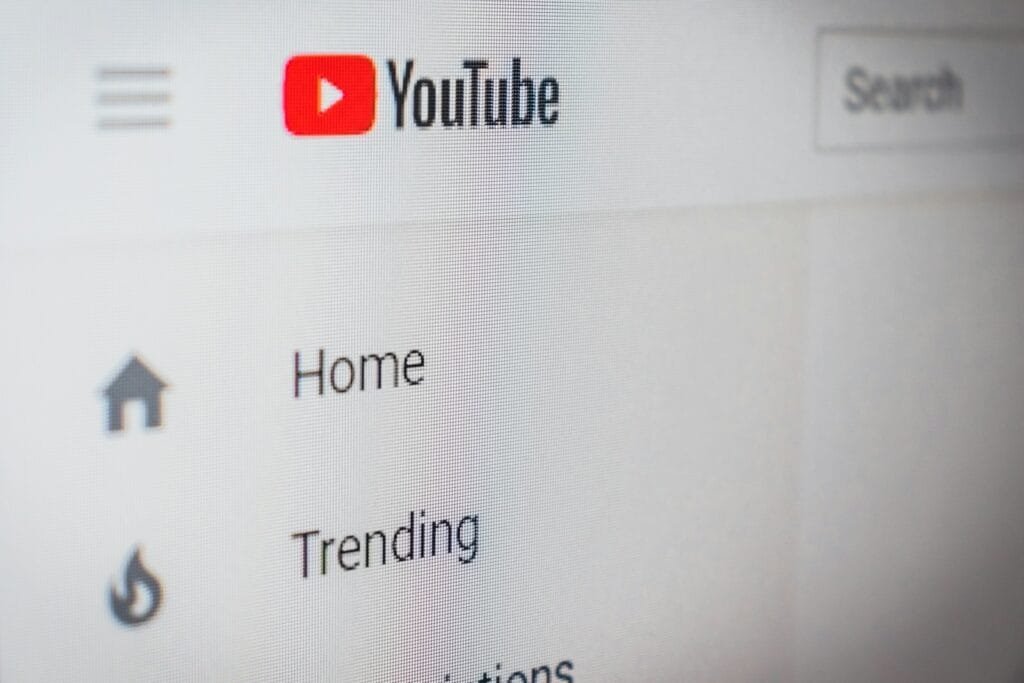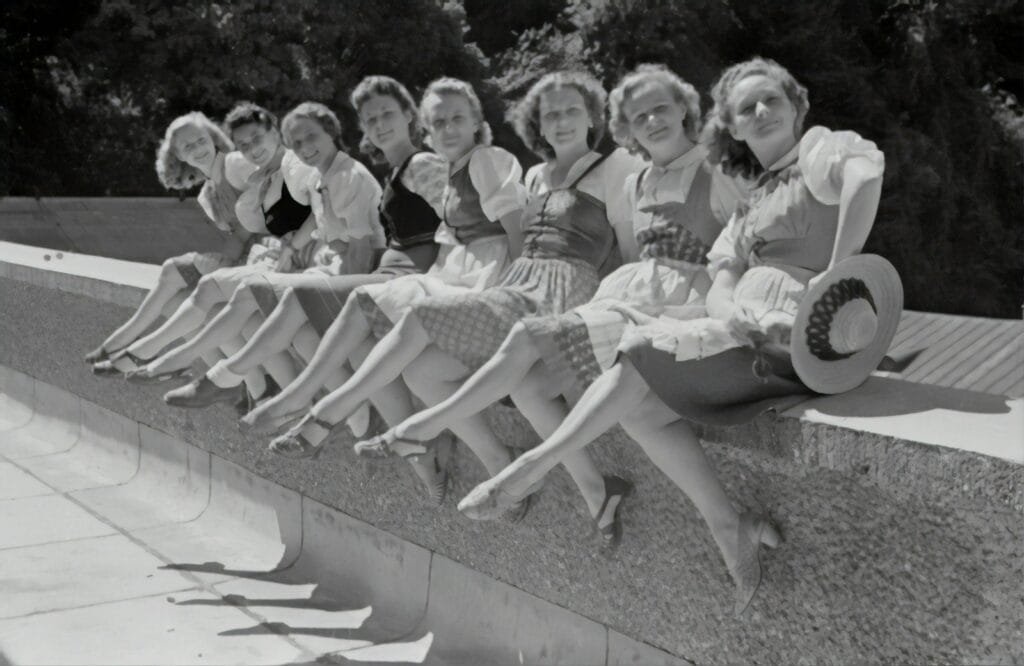like
Level Six
Lesson 66
There are many different ways to use the word “like.” It’s usually used as a verb, but it can also function as a preposition, as a noun, as part of an adjective, as a conjunction, and as a word that serves to fill in gaps in conversation.
- What do you like? (verb)
- What is she like to work with? (conjunction)
- That’s, like, so unfair. (filler)
- This video has a lot of likes. (noun)
- We will never see the likes of him again. (noun)
- You can have this if you like. (if you like = if you want that)

He likes his job.
He likes working.
66a. like - preferences
Use “like” to talk about things that you enjoy. You want something because you think it’s good. You can use “like” for people and things.
- Sophia really likes her class.
- Mark likes to eat corn.
- What do you like?
- What are some thing that you don’t like?
- Mario doesn’t like spinach.
- He doesn’t like eating spinach. (The word “eating” is a gerund.)
- She doesn’t like to work on the weekends. (An infinitive, “to eat,” appears after the verb.)
- Who(m) do you like?
- I like the people that I work with.
Note: The verb “like” is transitive. That means an object of some kind is used after the verb. Don’t say, “I like.” Instead, “I like it.”
66a. like - preferences

- I like ice cream.
- Do you like ice cream?
- What do you like to eat?

- She doesn’t like going to the dentist.
66b. like = similar to
A comparison can provide information about a person or a thing. You can use “like” to do this. In this instance, “like” functions as a preposition: like = similar to.
- What is she like?
- That dog looks like a lion.
- She looks like Jennifer Lopez.
- He can run like the wind.
- This tastes like chicken.
- They’re acting like fools.
- That seems like a good idea.
66b. like = similar to

- The moon looks like a big marble in the sky.

- This looks like a neighborhood Abdi once lived in as a boy.
66c. like = as if; as
You can also use “like” as a type of conjunction: as if or as. The meaning is comparable to it’s conjunctive function.
- It felt like the ground was shaking during the thunderstorm.
- It’s like the whole country has gone mad.
- She looked unhappy, like she didn’t want to be there.
- You look like you are angry.
- Like I was saying….
- John was running around the kitchen like his hair was on fire.
66c. like = as if; as

- This park in Chicago sounds like an interesting place to visit.

- They look like they are having fun. (like = as if)
6dc. would + like
In Lesson 67, you will learn more about how to use “would ike,” but it’s worth looking a right now because it’s different from like. A person who would like something does not have it now or yet.
- Edgar would like to get a job. (He doesn’t have one now.)
- Yolanda likes her job. (She has a job now.)
- Wendy would like some coffee. (She’s going to get it. She does not have it yet.)
- I would like a good night’s rest. (Lately it’s been hard to sleep at night because it’s been so hot!)
- Would you like to go to the park today? (I’m making plans for the future.)
66d. would + like

- They would like to continue their relationship.

- Protestors who stand up for themselves are often confronted by the police.
66e. how + do + like
There are two main reasons for using “how + do/does + subject + like.” The first reason is to ask for a preference in preparation. How do you like,
- A: How do you like your steak? (This is a preference in the amount of cooking the meat receives.)
- B: I like it medium rare.
- A: How does she like the furniture to be arranged? (How does she want it arranged?)
- B: She likes everything to be well organized.
- A: How did you like the pizza? (Did you like it?)
- B: It was very good!
The second reason for using “how do you like” is to prove a person’s reaction to a situation. An actual response is not always necessary.
- Well how do you like that?
- How do you like your choice for President now?
- How do you like all this hot weather we’ve been having?
66e. how + do + like

- A: How do you like your coffee?
- B: I like it black–no cream or sugar.

- A: How do they like their jobs?
- B: They’re both happy about where they work and what they do.
66f. Use "like" as a noun.
Thanks to the internet and social media, the word “like” is a common noun for a positive response online.
- My video received over 300 likes?
- Her comment didn’t get as many likes as she had hoped.
- How many likes does this post have?
As a noun, “like” can also mean “equal” or “comparable.”
- We had never seen the likes of him before.
- Heavy rain–the likes of which the people had never seen before–flooded the entire city.
- He listens to a lot of pop and rock music and the like. (Notice “like” in this kind of an example appears at the end of the sentence.)
66f. Use "like" as a noun.

- This video is getting a lot of likes.

- It was a time the likes of which we will never experience again.
66g. like = uh / you know
In spoken English, it’s common for someone to use “like” when trying to think of something to say. In this case, “like” really has no meaning. It’s just a filler. This is a hard things to explain, but you should be prepared to hear it when people are talking to you.
- That was, like, really intense.
- Like, what do you mean?
- This is like, really really nice.
- So she was, like, what are you talking about? And I was, like, you know what I’m talking about. And then she, like, got super mad and walked away.
66g. like = uh / you know

- I want to, like, get some information.

- So, she’s, like, thinking about changing what she’s studying in college.
- This is, like, a really big decision fo her.
